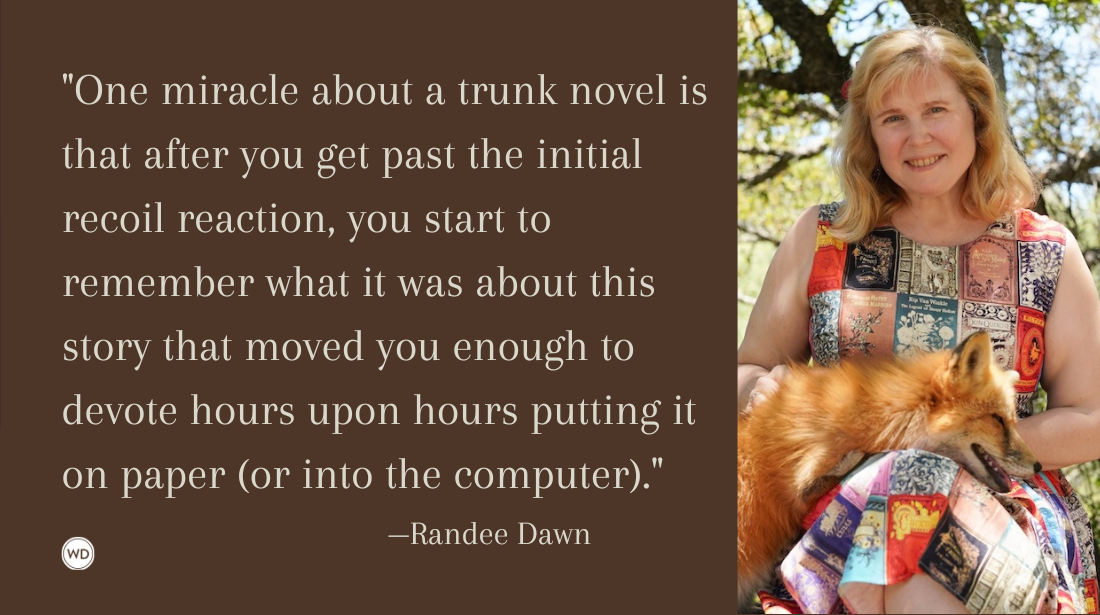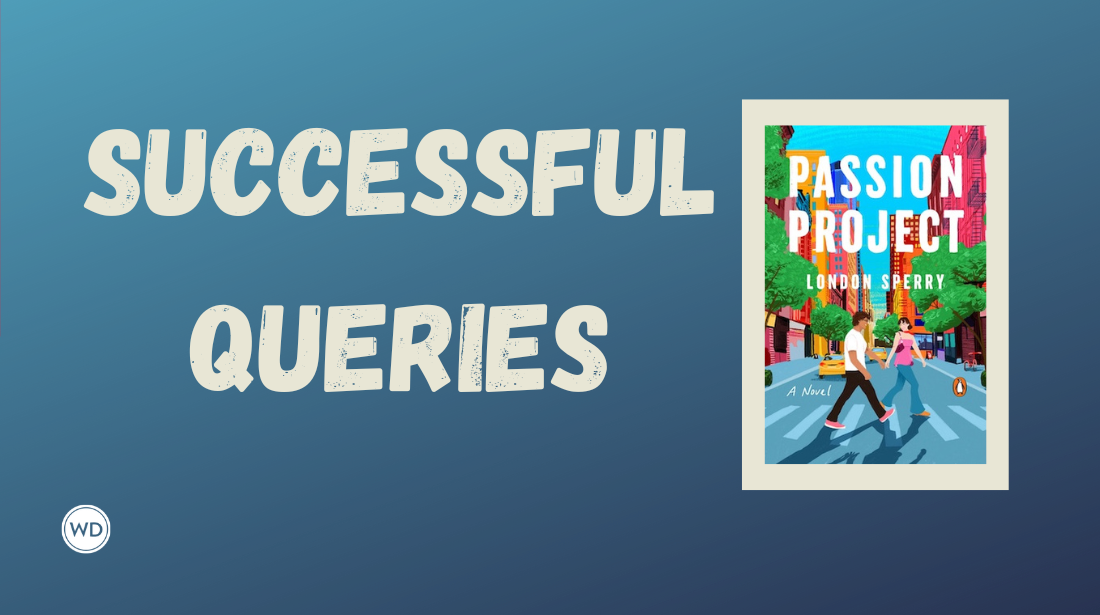How Much Should Writers Charge Per Word or Per Project?
How much should writers charge per word or per project? How can they figure out the correct rates to charge clients? We look at these questions here.
How much should writers charge per word or per project? How can they figure out the correct rates to charge clients? We look at these questions here.
Recently, I saw a job posting for freelancers "with initiative" to curate content on social media. They were offering up to 75¢ per social post, based on quality and quantity. While 75¢ per Tweet or Instagram post sounds great, most writers would probably find it difficult to create 10 "quality" posts per hour (or every six minutes). If they could, that rate would come out to $7.50 per hour—or just 25¢ better than the national minimum wage and below most state minimum wages.
In other words, many serious freelance writers would skip on this job posting. Or if they responded to it, they would try to negotiate a better rate. But how much should writers charge? And how should they determine what an appropriate rate would be?
These are common freelance writing questions. So let's look at how to handle them.
How Much Should Writers Charge Per Word or Per Project?
As an editor, I've edited 20 editions of the Writer's Market in one capacity or another. For those unfamiliar with that annual directory, its key selling point is that Writer's Market lists more than 3,000 freelance opportunities for writers, including listings for literary agents, book publishers, magazines, and contests. But over the years, I've also heard freelancers say that they buy the book solely for its "How Much Should I Charge?" article that includes a pay rate chart for more than 100 freelancing jobs available to freelance writers.
As some freelancers have explained over the years, this chart was invaluable for helping them determine how much to charge for various freelance jobs, whether its how much to charge for writing a speech for government officials or the average hourly rate for medical proofreading. Knowing the proper rates could make the difference between earning $7.50 per hour or charging $62 per hour, which is the average hourly rate for social media postings according to the Writer's Market 2020.
That said, the answer to the question above—How much should writers charge per word or per project?—is simple: The most you can get that works for you and your employer. As you get started, clips and experience may be more important to you than money; but if you want to make a living (or supplemental income) with your writing, money will need to become important.
How Do You Figure Out Rates?
As a writer, I've freelanced on a few different projects for different types of companies over the years. During that process, I've learned that different employers charge different rates and they figure out those rates based on various criteria.
For instance, I've been paid based on the hours I put in—or by using an hourly rate. I've also been paid based on a post, article, or project basis. Many publications also pay by published word. So how does a freelance writer figure out a consistent rate? The method I've used is to know how much I want to earn an hour and project that out for figuring out my freelance rates in other ways.
Let's say a local company (maybe a dentist office) wants me to create blog posts for its website, and they want to pay me per post. If my preferred hourly rate is $30 per hour, I'll need to estimate how long it would take me on average to create a blog post. In this instance, I may think it's going to take four hours per post. Pro tip: Always be conservative with estimating how long a project will take.
Four hours times $30 per hour equals $120. As such, I may suggest $150 per post—or even $200. Another pro tip: Always charge a little more than you're willing to take, because you can always negotiate down. Plus, it's the best way to increase your rates moving forward.
On Books and Articles
Magazines and books tend to figure out payment in different ways. Magazines may pay by published word or by article, which has a general word count. On the other hand, book publishers often—though not always—offer advances against royalties with royalties after the book "earns out" its advance.
For magazines, a writer who pens a 2,000-word article may earn $200 from one publication, $500 from another, and $2,000 from yet another. At $200, the writer earns 10¢ per word. $500 breaks down as 25¢ per word. And $2,000 is the holy grail of $1 per word.
A medium-sized press may offer various writers advances of $1,500, $6,000, and $15,000 for books of roughly 75,000 words. While the money sounds better overall, the per word rates are 2¢, 8¢, and 20¢ per word respectively.
Of course, a book could "earn out" its advance and collect royalties on top of that initial advance. But only the advance is guaranteed. Just one more reason why it's important to take a step back and do the math when figuring out the best way to spend your time and figure out freelance rates.
Final Word on Rates
Whether you're writing books, articles, blog posts, or copy for local businesses, always take time to figure out how much you're earning and how that compares across clients and projects. While you may have different reasons for taking on different projects, your goal should be to increase your rates over time. The best way to do that is to know what your rates are in the first place.
Robert Lee Brewer is Senior Editor of Writer's Digest, which includes managing the content on WritersDigest.com and programming virtual conferences. He's the author of 40 Plot Twist Prompts for Writers: Writing Ideas for Bending Stories in New Directions, The Complete Guide of Poetic Forms: 100+ Poetic Form Definitions and Examples for Poets, Poem-a-Day: 365 Poetry Writing Prompts for a Year of Poeming, and more. Also, he's the editor of Writer's Market, Poet's Market, and Guide to Literary Agents. Follow him on Twitter @robertleebrewer.








